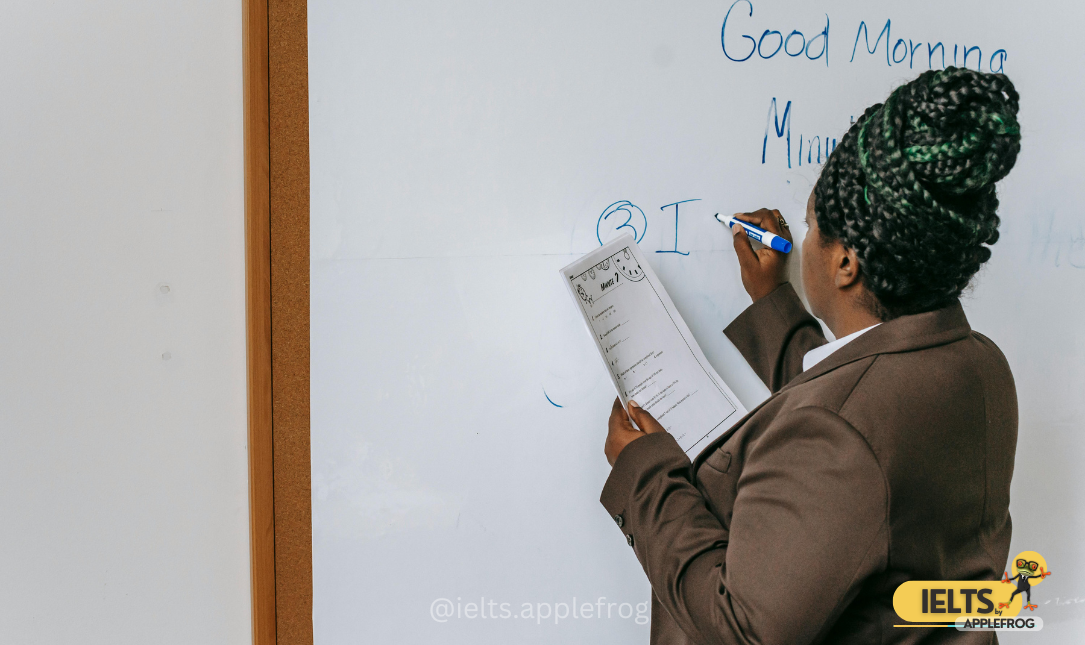
Indefinite pronouns are a category of pronouns that refer to non-specific people, places, or things. They represent an unspecified number or quantity and do not point to any particular individual or object. These pronouns are useful when you want to make general statements without focusing on a specific subject or quantity.
Overview of Indefinite Pronouns
Singular Indefinite Pronouns:
-
Anyone: Refers to any person without specifying who.
Example: Anyone can join the team if they want to. -
Someone: Refers to a particular person, but without specifying who.
Example: Someone left their coat in the hallway. -
Nobody: Refers to no person, meaning not anyone.
Example: Nobody answered the phone during the meeting. -
Everybody/Everyone: Refers to all people in a group or category.
Example: Everyone is excited about the new project. -
No one: Refers to not a single person.
Example: No one was aware of the change in the schedule. -
Somebody: Refers to an unspecified person.
Example: Somebody should call the customer service department.
Plural Indefinite Pronouns:
-
Several: Refers to more than two but not a large number.
Example: Several guests arrived late to the event. -
Many: Refers to a large number of people or things.
Example: Many people attended the charity auction. -
Few: Refers to a small number.
Example: Few could predict the outcome of the game. -
Others: Refers to people or things other than the ones already mentioned.
Example: Some employees went on vacation, while others stayed to work. -
Both: Refers to two things or people.
Example: Both teachers attended the conference last week.
Indefinite Pronouns Indicating Quantity:
-
All: Refers to the whole quantity or number.
Example: All the packages have been delivered. -
Some: Refers to an unspecified amount or number.
Example: Some of the participants were unable to attend the workshop. -
Any: Refers to one or more, without specifying which.
Example: Any of these options would work for the project. -
None: Refers to not any, or no part.
Example: None of the results matched our expectations.
The Role of Indefinite Pronouns in Sentences
Indefinite pronouns are useful when you want to refer to a general or unknown group of people or things without being specific. They allow for more flexibility and inclusiveness in sentence construction, enabling the speaker to focus on the action or idea without being concerned with specific individuals or items.
Indefinite pronouns can also function as determiners when used before a noun, such as “many people” or “some books.” The form of the indefinite pronoun (singular or plural) depends on the noun it is associated with, which helps maintain proper subject-verb agreement.
By correctly using indefinite pronouns, you can avoid repetition, make your sentences more varied, and generalize statements when the specific identities or quantities are either unknown or irrelevant.
Indefinite pronouns provide the freedom to speak generally, making it easier to express ideas without being bound by specifics.












 Here can be your custom HTML or Shortcode
Here can be your custom HTML or Shortcode
0 Comments